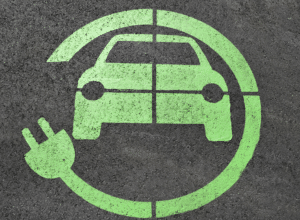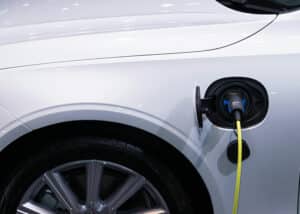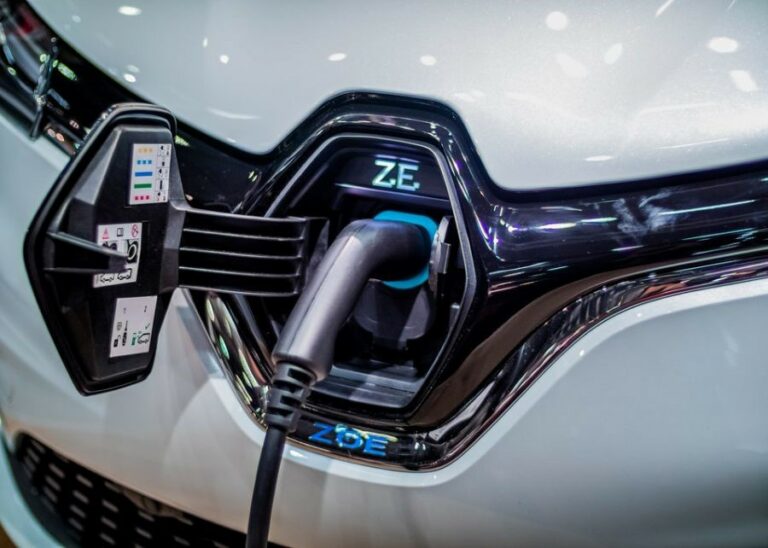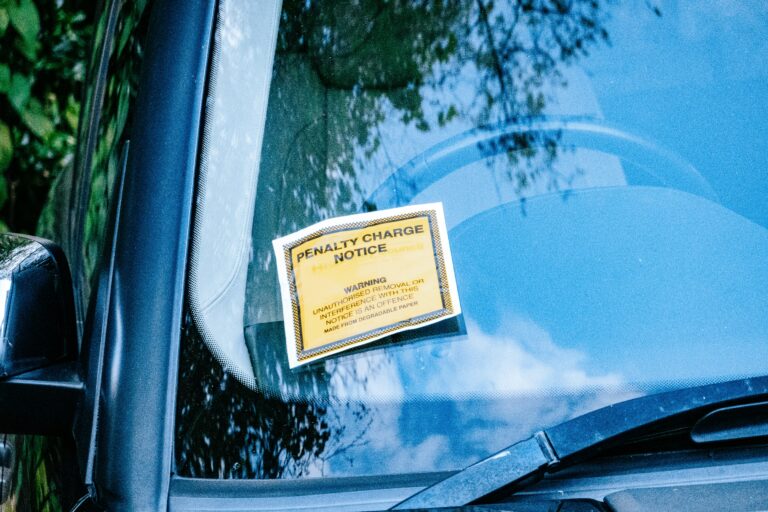The UK government has announced new car taxes for electric vehicles (EVs), set to take effect from April 2025. These changes aim to combat fuel duty losses as more drivers switch from petrol and diesel cars to EVs. With fuel duty revenues declining, policymakers are introducing Vehicle Excise Duty (VED) for EVs, marking the end of their tax-free status.
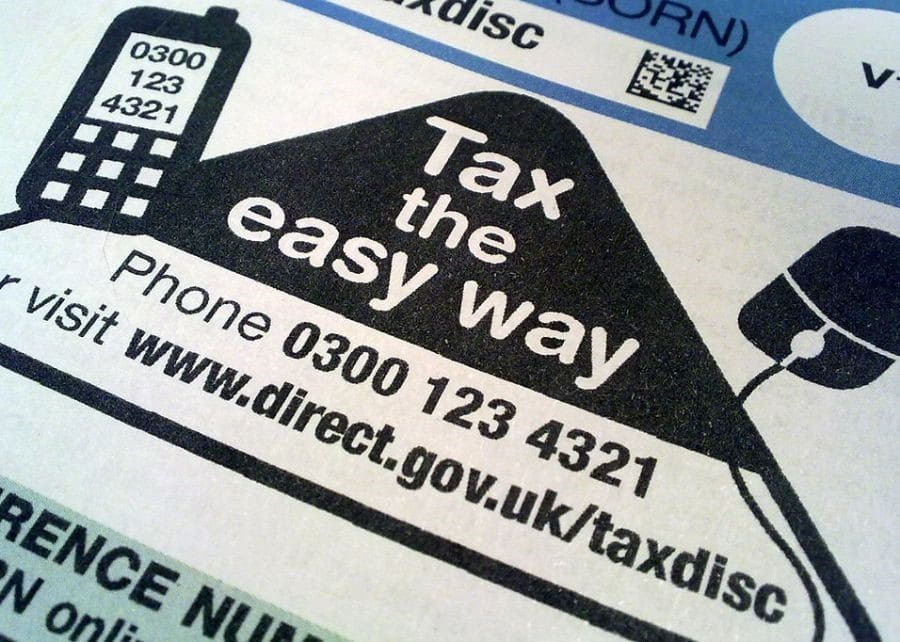
EVs Will No Longer Be Exempt from Road Tax
For years, EV owners enjoyed zero road tax, but that will change in April 2025. According to GOV.UK, all EVs—whether new or pre-owned—must comply with VED regulations.
- EVs registered after April 1, 2025 will pay £10 in the first year and £195 annually thereafter.
- EVs registered between April 2017 and March 2025 will pay £195 per year.
- EVs registered between March 2001 and March 2017 will pay £20 per year.
This shift aligns EV taxation with petrol and diesel vehicles, ensuring fairness across all vehicle types.
Expensive EVs Will Face Additional Charges
EVs with a list price over £40,000 will be subject to the Expensive Car Supplement, often called the Luxury Car Tax. According to Electrifying.com, owners of high-end EVs will pay an extra £425 per year for five years, on top of standard road tax, bringing the total annual VED for high-end EVs to £620, according to the RAC.
Critics argue that the £40,000 threshold unfairly penalizes family-friendly EVs, rather than true luxury models.
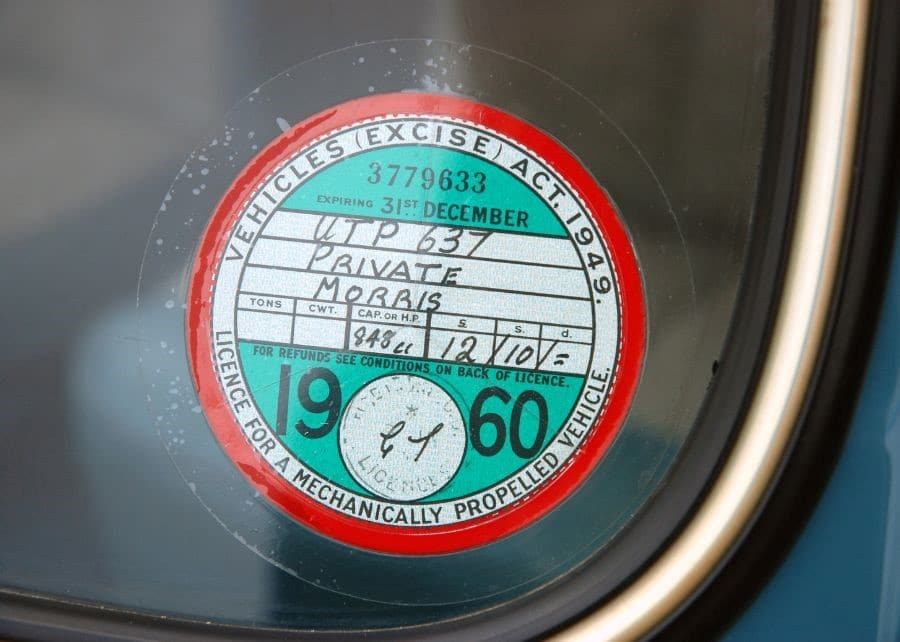
Fuel Duty Losses Drive the New Tax Changes
The UK government has long relied on fuel duty from petrol and diesel sales to fund road infrastructure. However, as EV adoption grows, fuel duty revenues are declining.
According to GB News, fuel duty receipts for April-May 2025 reached £4.1 billion, but the annual trend shows a continued decline. Experts warn that without new taxes, the government will struggle to finance net-zero initiatives and maintain roads.
Hybrid and Alternative Fuel Vehicles Lose Discounts
Previously, hybrid and alternatively fueled vehicles (AFVs) received a £10 annual discount on road tax. However, this discount will be removed in 2025, meaning hybrids will pay the same VED rates as petrol and diesel cars.
According to GOV.UK, hybrid owners will now pay £195 annually, depending on their vehicle’s registration date.
Electric Vans and Motorcycles Will Also Be Taxed
The new car taxes rules extend beyond passenger EVs. Electric vans will now be taxed at the standard annual rate for light goods vehicles, while electric motorcycles and tricycles will be taxed based on engine size. This ensures that all electric-powered vehicles contribute to road maintenance costs.
Why Is the UK Introducing These New Car Taxes?
The government argues that these changes will create a fairer tax system as EV adoption increases. With more drivers switching to electric vehicles, maintaining road infrastructure requires a broader tax base. The new policy ensures that EV owners contribute to road upkeep, just like petrol and diesel vehicle owners, says Car Analytics.
Conclusion
The introduction of new car taxes for EVs marks a significant shift in UK road taxation policy. While these changes may increase costs for EV owners, they also reflect the growing mainstream adoption of electric vehicles. As the UK moves toward a greener future, these new car taxes are essentially just adjustments aim to balance revenue generation with environmental incentives.
If you’re looking to sell your car, Jamjar.com offers a hassle-free way to get a free online quote. As a trusted car comparison site, Jamjar.com allows you to compare offers from multiple buyers, ensuring you get the best price for your vehicle. The process is quick, transparent, and requires no obligation—simply enter your car details, receive instant quotes, and choose the best deal. Whether you’re upgrading to a new vehicle or just looking to sell, Jamjar.com makes it easy to find a competitive offer without the stress of private selling or dealership negotiations. Try it today for a free valuation!











































